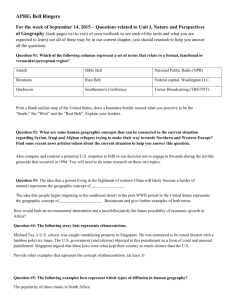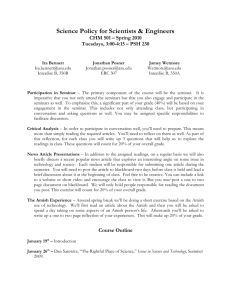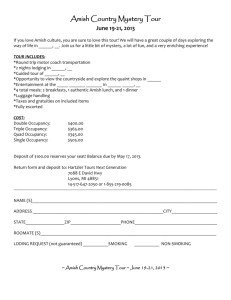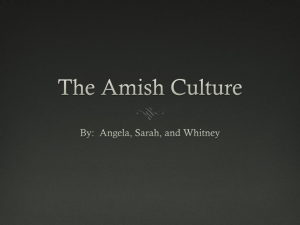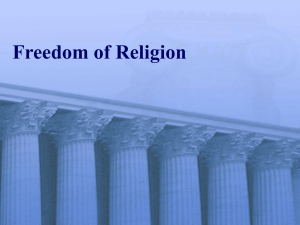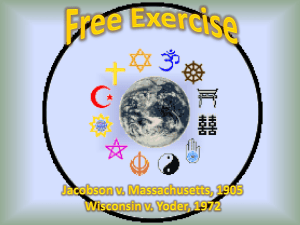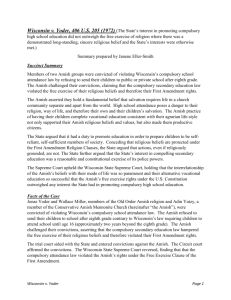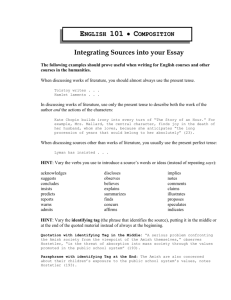Examples of Case Briefs
advertisement
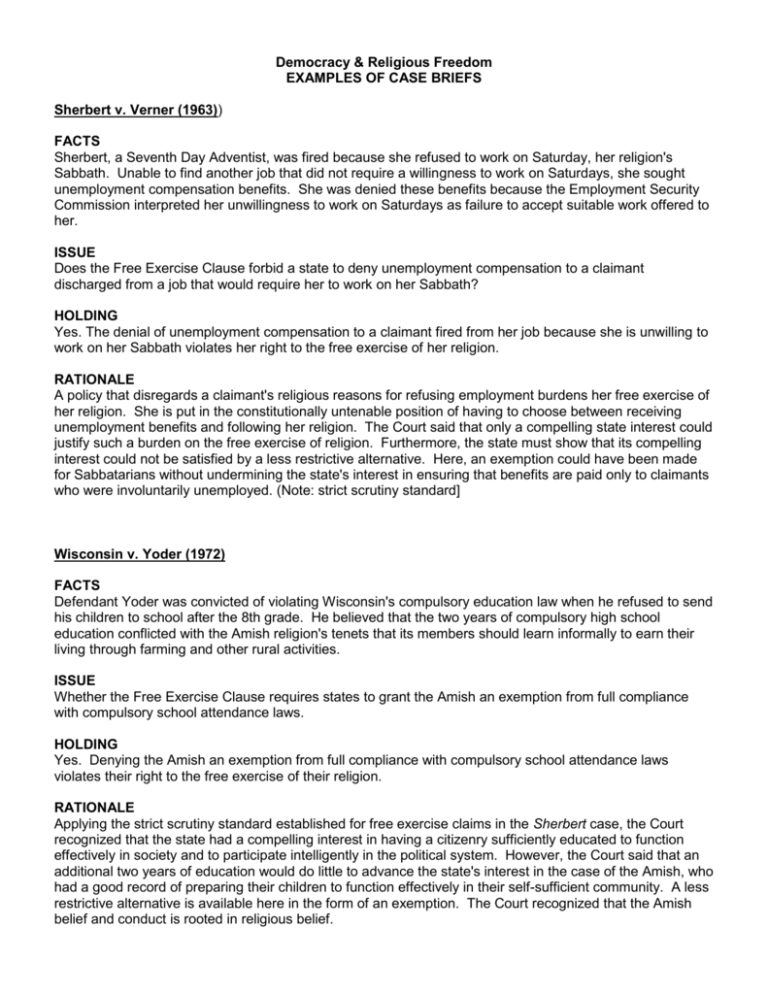
Democracy & Religious Freedom EXAMPLES OF CASE BRIEFS Sherbert v. Verner (1963)) FACTS Sherbert, a Seventh Day Adventist, was fired because she refused to work on Saturday, her religion's Sabbath. Unable to find another job that did not require a willingness to work on Saturdays, she sought unemployment compensation benefits. She was denied these benefits because the Employment Security Commission interpreted her unwillingness to work on Saturdays as failure to accept suitable work offered to her. ISSUE Does the Free Exercise Clause forbid a state to deny unemployment compensation to a claimant discharged from a job that would require her to work on her Sabbath? HOLDING Yes. The denial of unemployment compensation to a claimant fired from her job because she is unwilling to work on her Sabbath violates her right to the free exercise of her religion. RATIONALE A policy that disregards a claimant's religious reasons for refusing employment burdens her free exercise of her religion. She is put in the constitutionally untenable position of having to choose between receiving unemployment benefits and following her religion. The Court said that only a compelling state interest could justify such a burden on the free exercise of religion. Furthermore, the state must show that its compelling interest could not be satisfied by a less restrictive alternative. Here, an exemption could have been made for Sabbatarians without undermining the state's interest in ensuring that benefits are paid only to claimants who were involuntarily unemployed. (Note: strict scrutiny standard] Wisconsin v. Yoder (1972) FACTS Defendant Yoder was convicted of violating Wisconsin's compulsory education law when he refused to send his children to school after the 8th grade. He believed that the two years of compulsory high school education conflicted with the Amish religion's tenets that its members should learn informally to earn their living through farming and other rural activities. ISSUE Whether the Free Exercise Clause requires states to grant the Amish an exemption from full compliance with compulsory school attendance laws. HOLDING Yes. Denying the Amish an exemption from full compliance with compulsory school attendance laws violates their right to the free exercise of their religion. RATIONALE Applying the strict scrutiny standard established for free exercise claims in the Sherbert case, the Court recognized that the state had a compelling interest in having a citizenry sufficiently educated to function effectively in society and to participate intelligently in the political system. However, the Court said that an additional two years of education would do little to advance the state's interest in the case of the Amish, who had a good record of preparing their children to function effectively in their self-sufficient community. A less restrictive alternative is available here in the form of an exemption. The Court recognized that the Amish belief and conduct is rooted in religious belief.
